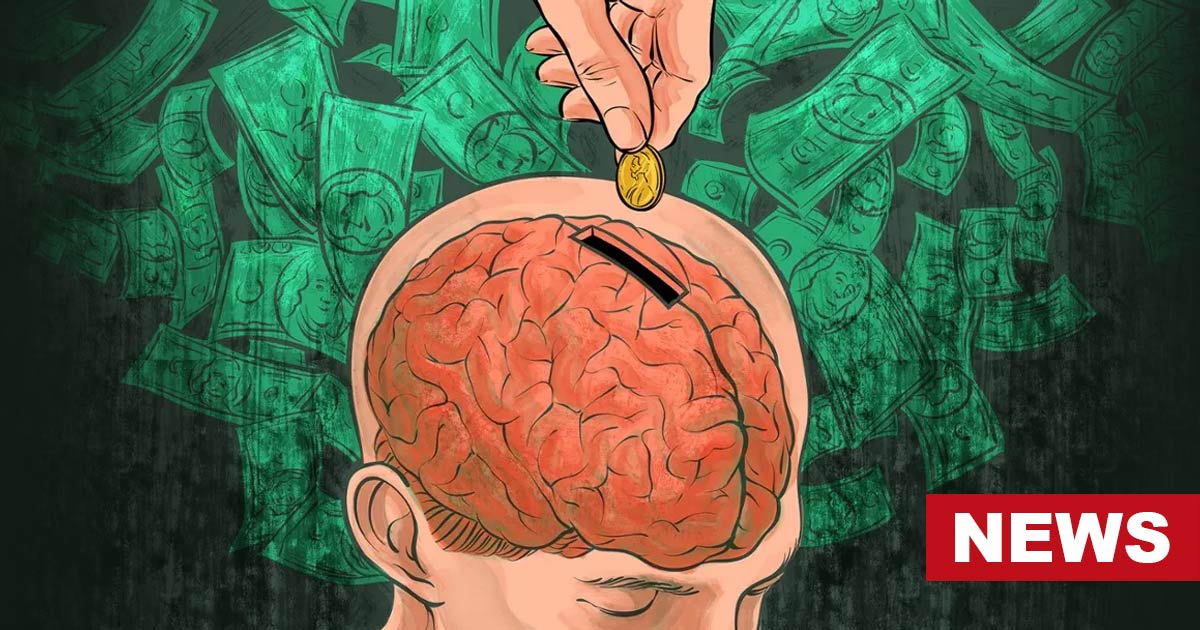Mental illness has emerged as a major global health issue, affecting millions of people worldwide. Its impact reaches far beyond the individual, permeating families, communities, and societies as a whole. While the human toll of poor mental health is widely recognized, the economic burden of mental illness is often underestimated or overlooked.
This necessitates the attention of policymakers, healthcare providers, and society at large to understand the financial implications and the importance of effective health financing mechanisms in conquering mental illness.
The high economic burden of mental illness can be categorized into three types: direct costs, indirect costs, and societal costs. Direct rising costs of mental illness refer to the expenses incurred for the treatment and management of mental illness. These include healthcare services, medication, hospitalization, outpatient care, therapy sessions, and specialized services like rehabilitation and recovery programs.
The long-term nature of mental health treatments often leads to significant financial commitments. However, accessing affordable mental health services remains a challenge for many families, exacerbating the economic burden of mental illness. Adequate funding for mental healthcare is crucial to alleviate the strain on healthcare budgets.
Indirect economic cost of mental health arises from productivity losses, reduced educational attainment, unemployment, and increased disability claims. Absenteeism, presenteeism (being present but not fully functioning), and decreased work performance contribute to productivity losses.
Individuals with mental health conditions often face difficulties in maintaining employment or pursuing educational opportunities due to the debilitating nature of their illnesses. This not only impacts the individuals but also places a strain on their caregivers, leading to loss of income. The resulting lower incomes, decreased tax revenues, and increased dependence on healthcare programs create a burden on the government.
Mental illness also has societal costs that extend to various sectors, such as the criminal justice system and social welfare programs. Social welfare expenditures include disability benefits and social assistance programs for individuals experiencing homelessness due to mental health challenges. These high mental healthcare costs directly affect the healthcare system and highlight the urgency of investing in mental health support systems.
The rising costs of mental illness significantly affect healthcare financing. Public healthcare systems must allocate sufficient resources and funds to meet the rising demand for mental health treatments. However, limited resources and financial constraints often create a mismatch between demand and supply.
Addressing this requires prioritizing mental health in resource allocation decisions, ensuring adequate budgetary allocations for mental health programs, infrastructure, and human resources. In countries like India, where public healthcare is improving, it is crucial to extend the same progress to mental healthcare.
To address the economic burden of mental illness, comprehensive mental health policies are needed, focusing on prevention, early intervention, and integrated care. These policies should aim to reduce financial barriers by providing insurance coverage for mental health treatments and medications.
Encouraging health-tech platforms to drive innovations in affordable health financing solutions can also make a significant impact. Expanding mental health coverage within public and private insurance schemes improves accessibility, early detection of mental health conditions, affordability, and reduces the financial strain on individuals seeking mental healthcare.
Preventive strategies for mental health are gaining recognition, mirroring the traditional focus on physical health. Raising public awareness and reducing stigma are crucial aspects of prevention. Educational campaigns that promote mental health literacy and challenge misconceptions can encourage individuals to prioritize their mental well-being and seek help when needed.
Implementing mental health promotion initiatives in educational or work settings, such as providing training to recognize signs of distress and offering support services, contributes to overall well-being.
Governments should actively support and promote such initiatives. For instance, in Germany, paid leaves for health traumas associated with mental illness, like depression, are common. Respecting and showing compassion to individuals going through rough patches can prevent exacerbation and reduce associated high mental healthcare costs—alleviating the economic burden on individuals and families.




















